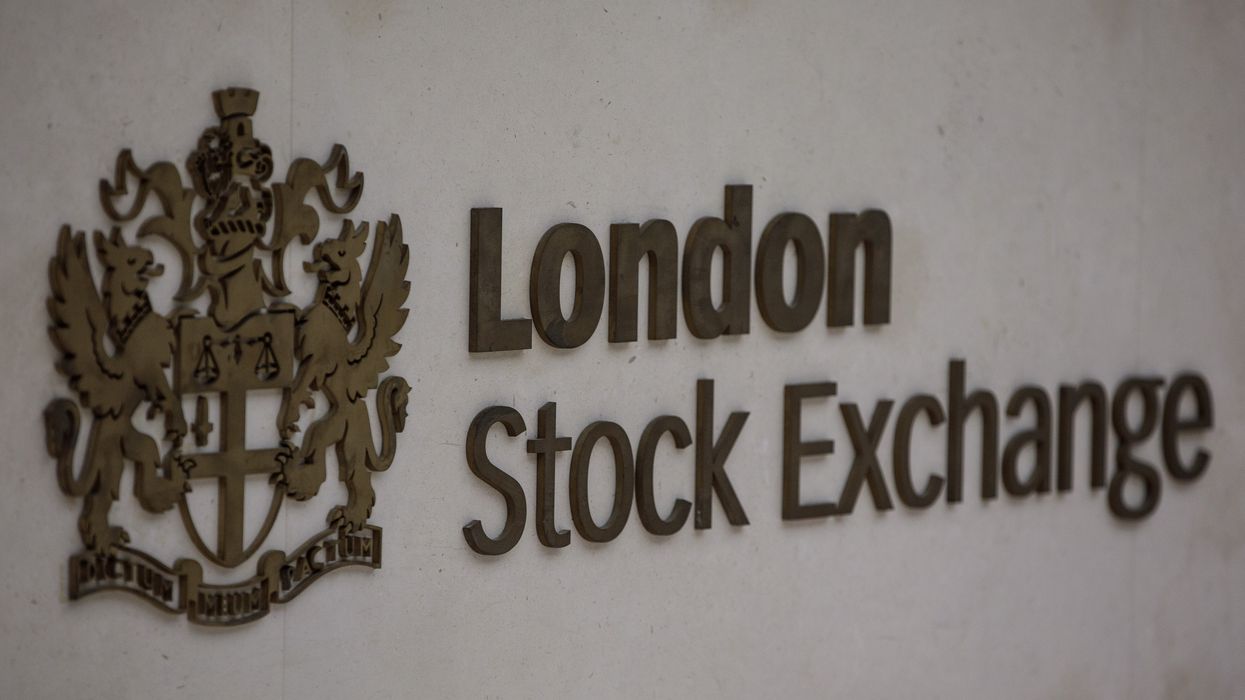THE FTSE 100 fell to its lowest level since 13 November on Friday, logging its sharpest weekly decline since October 2023 amid a week dominated by central bank policy decisions.
The benchmark index dropped 0.3 per cent, while the mid-cap FTSE 250 rose 0.3 per cent after hitting a near one-month low earlier in the day.
Financial companies weighed heavily on the FTSE 100, with banks declining 0.5 per cent and non-life insurers falling 0.7 per cent.
Energy stocks also lost 0.3 per cent, reflecting weaker oil prices driven by concerns over demand growth.
Real estate investment trusts gained 1.2 per cent, leading sectoral increases, followed by precious metal miners, which benefited from a more than 1 per cent rise in gold prices.
The session began with losses, mirroring declines in European markets after comments by US President-elect Donald Trump about potential EU tariffs and concerns over a US government shutdown. The latter arose after a Trump-backed spending bill failed to pass the House of Representatives.
Later in the day, British equities recovered some ground, helped by a benign US inflation report and weaker-than-expected domestic retail sales for November.
A smaller-than-expected UK budget deficit also offered some relief to Chancellor Rachel Reeves, who has been under pressure following her October budget announcement.
Despite these factors, a hawkish Federal Reserve outlook earlier in the week and the Bank of England's decision to hold interest rates left Britain's main indexes ending the week lower.
Among individual stocks, Severn Trent and United Utilities were the biggest decliners on the FTSE 100, down 2.3 per cent and 1.7 per cent, respectively.
Their losses followed gains on Thursday, driven by news of higher water bills. Meanwhile, Carnival shares rose 3.6 per cent after the cruise operator reported strong booking forecasts for 2025.
(With inputs from Reuters)




